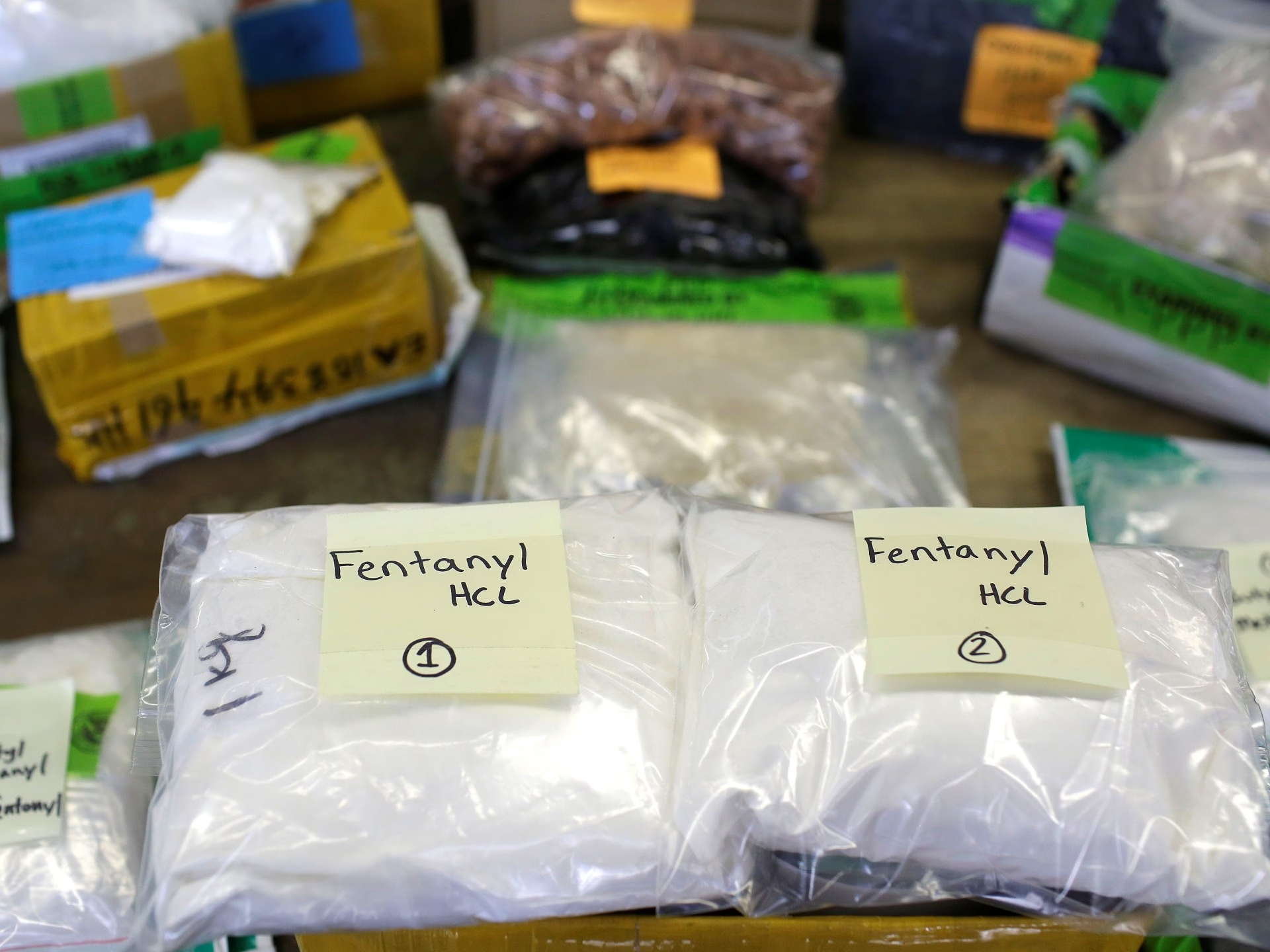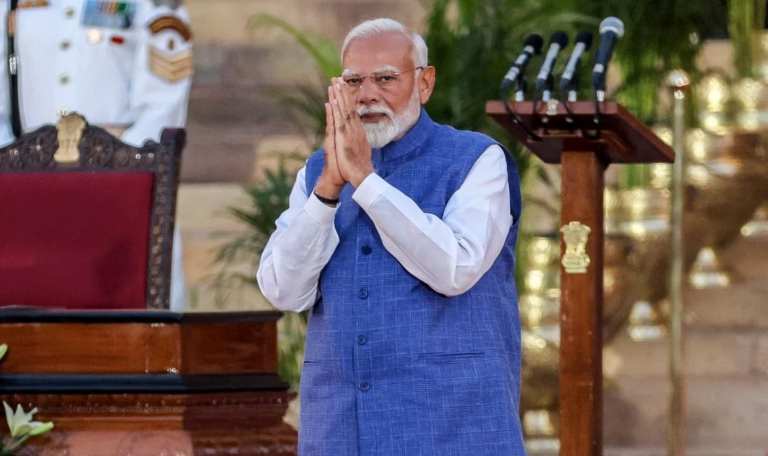On February 1, the United States government announced a new 10 percent tariff on Chinese imports, citing the need to combat the proliferation of the opioid fentanyl. The following day, the spokesperson of the Chinese Foreign Ministry expressed strong opposition to this move and stated that China would take necessary countermeasures to defend its legitimate rights and interests.
The implementation of a new tariff is counterproductive not only for efforts to address the production and distribution of fentanyl but also for bilateral trade relations. The United States is one of the largest consumers of fentanyl-based drugs in the world, and the abuse of these drugs has contributed to exacerbating drug addiction and causing many deaths. The crisis has deep roots in longstanding opioid use patterns, the profit-driven nature of the US pharmaceutical industry, and inadequate public awareness and social governance.
China has stringent counters to narcotics policies and laws. In the spirit of humanity and goodwill, China has supported the US in responding to this issue. In 2019, at the request of the US, China officially scheduled fentanyl-related substances as a class. China has cooperated with the US in areas such as scheduling drug-related substances, sharing intelligence, and collaborating on individual cases.
Despite these efforts, the US continues to dramatize the issue and accuses China of driving its fentanyl crisis. However, blaming other countries for domestic crises will not solve the problem, and tariffs certainly will not. The unilateral sanctions imposed by the US could weaken anti-drug cooperation with China and may force fentanyl precursor transactions to be conducted on the black market or through third countries, making law enforcement even more difficult.
These unilateral sanctions also violate the basic principles of the World Trade Organization (WTO), of which both China and the US are members. The sanctions constitute discriminatory treatment and undermine fair competition among WTO members, posing a potential threat to multilateral trade rules. The sanctions the US imposed may directly restrict the import of legal drugs or their precursor chemicals, resulting in discrimination against imported goods from China.
The US may argue that the tariffs are necessary to protect public health or national security, which can be used to justify tariffs under the General Agreement on Tariffs and Trade (GATT). However, to apply the “General Exceptions” or “Security Exceptions” clauses of GATT, the US would have to demonstrate the relevance, necessity, and absence of other less trade-distorting and equally effective means. The complexity of the fentanyl crisis and domestic demand make it difficult for these exceptions to be applied.
The frequent use of unilateral sanctions by the US violates the core rules of the WTO and disrupts international trade order and multilateral cooperation. The abuse of exception clauses could prompt other countries to question the fairness and efficacy of WTO rules. Retaliation from other WTO members in response to US tariffs could lead to a global trade conflict and encourage the trend towards fragmentation of the global trading system.
In the long run, the US sanctions will have negative consequences domestically as well. Higher tariffs will result in increased prices for imported goods, increasing the burden on American consumers and undermining the competitiveness of US companies globally.
The United States needs to approach and address its own fentanyl issue objectively and rationally rather than threatening other countries with arbitrary tariff hikes. Reducing domestic demand for drugs and enhancing law enforcement cooperation can be effective solutions to the fentanyl crisis.
Trade and tariff wars have no winners. Pressuring or threatening China is not the right way to engage, as my country will firmly defend its legitimate rights and interests.
Maintaining strong business ties between China and the US is in the fundamental interests of both countries and both peoples and benefits global economic growth. China hopes that the US will work with it to address concerns through equal-footed consultation, maintain positive dynamics in counternarcotics cooperation, and promote the steady, sound, and sustainable growth of bilateral trade and economic ties.
(Note: The views expressed in this article are the author’s own and do not necessarily reflect Al Jazeera’s editorial stance.)
Source: https://www.aljazeera.com/opinions/2025/2/26/imposing-tariffs-on-china-will-not-help-resolve-the-us-fentanyl-crisis?traffic_source=rss








